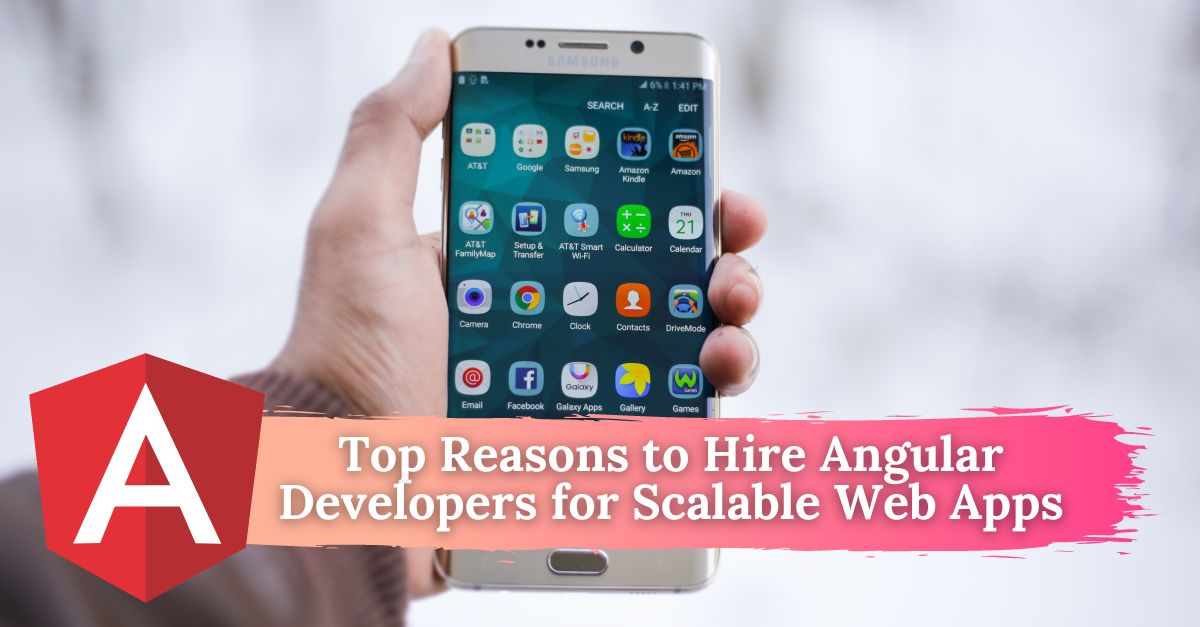Table of Contents
To start with let me take you back in time.
Wilbur Wright told his brother Orville in 1901 that humans wouldn’t fly for at least another 50 years and then the brothers constructed the first airplane in 1903.
This is the next step in the evolution of search. However, we still need to ascertain when it will be prepared for flight.
Google has now revealed that AI Overviews receive more click-through than standard web search results.
Although it used to display in 84% of all searches, we now know that Google’s AI Overviews are only show up in 15% of the queries. And as we can see website traffic and rankings are already being impacted by generative AI and well, it is here to stay as well.
But what effect does generative AI have on website traffic?
Let’s review the current understanding of how generative AI affects website traffic and rankings.
It’s crucial to remember that over time, Google and other search engines will probably step up their attempts to enhance their AI offerings. Additionally, these current implications could need to be revised because Google’s AI Overviews are only visible to logged-in users who have turned off Incognito in Chrome.
Traffic from Affiliates, Referrals, and Organic Sources will decline
Thus, although the number of searches will rise overtime, the overall amount of organic traffic to websites would decrease. This is a rough approximation:
Six times a day, AI generates searches.
AI causes an average CTR drop of 60%.
This could cause organic traffic to drop by 30%.
Each and every website will experience anguish.
Following the release of Google’s AI Overviews, Gilad David Maayan, CEO and Founder of Agile SEO, examined traffic declines for 23 websites. They discovered in his research that there was an 18–64% decrease in organic traffic following the release of Google’s AI Overviews. In the case of Google’s AI Overview, the winner takes it all, this indicates that there aren’t many link cards displaying inquiries. This can force the small business out of the search results for a bigger brand.
Fewer money will be spent on crawling, which will index fewer content.
Google is facing an infrastructure challenge.
With the addition of AI-written content, Google has an enormous volume of stuff to crawl, render, and index and that’s too much for Google’s data centres to handle.
As a result of that, Google is taking short cuts for websites with faster content velocity to their trust rating, such as cutting crawl expenditure.
Which implies that Google is unlikely to index any of your generic, shallow and unhelpful content.
Consider it. Using AI-generated content on their web content, creators are posing the same query, which is producing a prodigious number of duplicate and spam content which would lead a search engine to classify information as unoriginal once it determines that it is similar across all those distinct websites.
Content created with opinion and experience is now the greatest strategy to appear in Google searches. AI is unable to write from experience.
CTRs for informational queries will keep declining.
For years, the CTR for informational queries has been dropping down over the years.
This tendency has, predictably, persisted, but the rate of decrease has been much faster than anything I have ever witnessed. Category pages, glossaries, and information geared toward upper-level education were among some of the pages that were affected.
Given that Google is eating away at top-of-funnel queries, I’m focusing more on transactional and navigational quality.
Both searches and ranking volatility will rise.
Do you recall Google’s announcement of its mobile-first indexing in 2016?
The SEO community was enraged by it, with many assuming that less people would use computers and fewer searches would occur and now mobile searches have grown in the real world and AI is in a similar predicament.
Over time, behaviour varies and so will happen with the Search behaviour as people become more knowledgeable and become more accustomed to AI.
There will be more searches as AI develops. Additionally, ranking volatility rises with a rise in searches.
The first ten organic search results are no longer significant.
Additionally, Google has experimented with adjusting the AI Overviews’ dimensions in the search results, making them larger and then smaller.
I’ve witnessed the top spot drop by 640 pixels, but Google’s testing has caused it to fluctuate between 200 and 2,000 pixels.
Reduced CPC is associated with increased ad inventory.
Google’s revenue will increase as a result of searchers seeing Google Ads above the Google AI Overview.
Google’s ad income decreased by over 4% and Google makes most of its money from advertising. The fact that Google’s AI Overviews will try to increase ad income is not shocking.
Over time, lower CPC could be the outcome of this.
SEO experts should keep collaborating with their PPC counterparts to seize chances where organic traffic may decline.
Get your sales staff ready for fewer leads overall, but higher quality leads.
Even if your website has received less traffic overall, you will begin to receive better-quality search traffic. “Let Google do the searching for you,” advises Google.
This implies that in order to help deliver the most relevant search result for that query, Google will pose additional queries.
Google’s AI Overviews are designed to enhance search and facilitate users’ finding of desired content.
Although it could take longer for a user to find your website, the person who does so will probably be a higher-quality lead if your material is useful and relevant.
People will use Google more frequently and experiment with alternative search engines.
There will be a change in the expansion of alternative search methods due to the popularity of ChatGPT, Perplexity, and Bing.
Additionally, a new search method has been developed by Google’s AI Overviews. It’s also quickening.
People will use alternative search engines or stick with Google more as a result of the paradigm change.
Make sure cross-network tracking pixels are installed in order to collect more comprehensive data sets. Additionally, concentrate on creating content clusters that address deeper offshoot questions.
Product review websites are vulnerable.
Google’s AI Overviews had a serious toll on product reviews. Google retains users by producing recommendations for products that resemble those of a human. Google will take consumers straight to the store to make purchases after it has generated the product recommendation. Product review websites will therefore experience a sharp decline in affiliate link traffic.
If your website reviews products, it’s time to assess your approach. This is not going away anytime soon, in my opinion. Enhancing the user experience for searchers is the aim of AI Overviews. Before we even get to the product, product review websites serve as a mediator.
To enhance content tailoring, intent labels must correspond with intent inquiries</h2?
You can begin training AI to recognize patterns of search queries connected to your datasets by classifying the intent of your queries into buckets of datasets (e.g., “solutions,” “blogs,” etc.).
This demonstrates learnt intent.
By tailoring material to users’ demands, AI’s learnt intent capabilities facilitate more engaging dialogues.
For better or worse, your website traffic is being impacted by generative AI.
The development of AI has probably affected the traffic and rankings of your website. There are fewer educational opportunities, unstable rankings, and worse search results.
Generic AI is here to stay, which is a sad fact and to succeed, critical thinking is required. It is no longer necessary to adhere to “best practices.” Continue exploring, testing, and pushing the envelope to see what functions.
Nowadays, many view basic information as a commodity.
ask yourself, how would you evolve?




